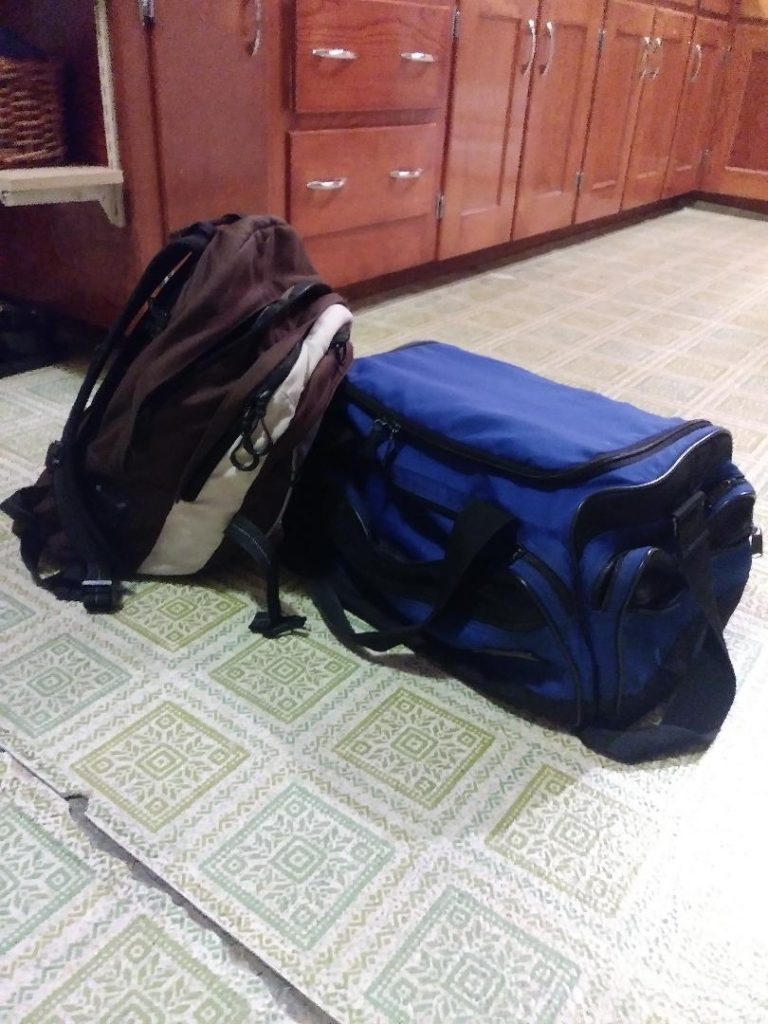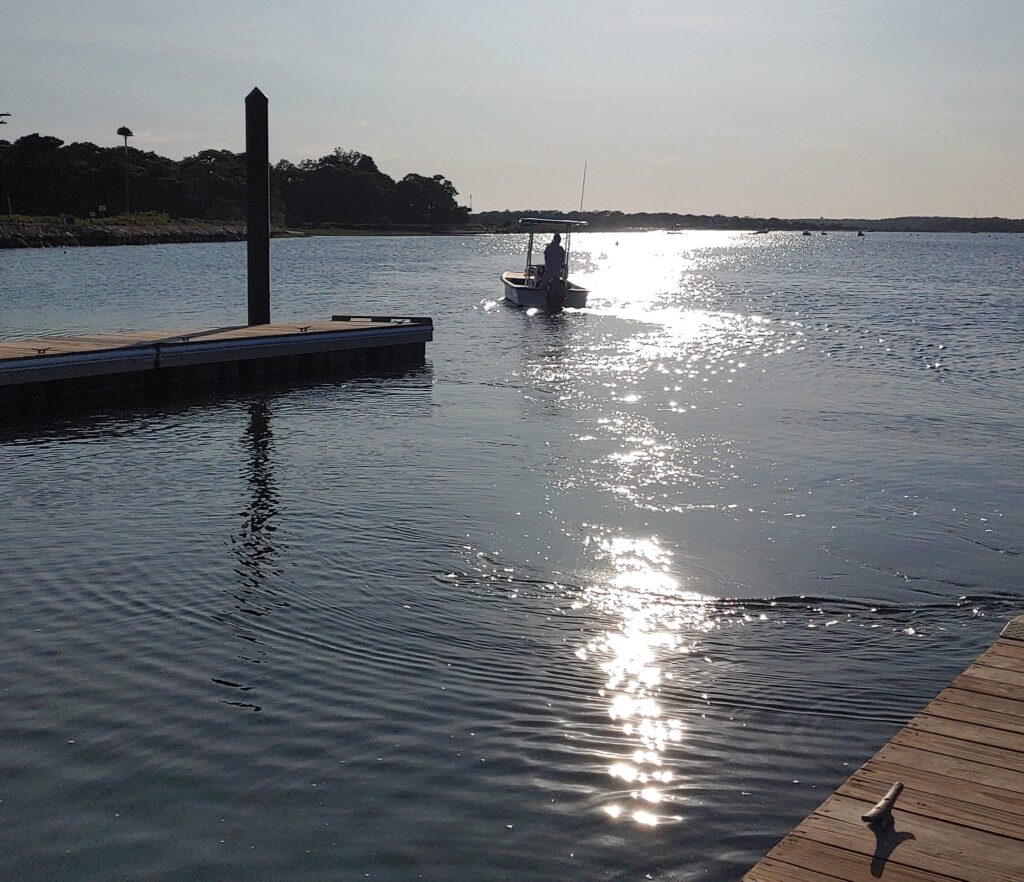People: Thanks be to God.
[An Order of Service for Noonday, BCP, p. 105]
For the first time in almost exactly twenty years, cardboard boxes are forming a wall inside the walls of my home. My husband and I are making lists of things to bring, things to leave, tasks that must be done before moving day, and tasks that must be done upon arrival at the town that will become our home. We are leaving many friends and two sons behind us, setting out on our own for the first time in almost a quarter century. For whatever reason, it’s time to leave the familiar and loved to embrace the unfamiliar and soon-to-be-loved.
It’s a time for saying goodbye, for saying thank you to so many people for being a part of our lives these past two decades. It’s time to tidy up the work we’ve done here, preparing as best we can for the ones who will bring their own gifts and ideas when we are gone. I’ll miss the rhythm of my daily life here, but it’s someone else’s turn – while no one can be replaced, someone else can take on the work and move things forward.
Thanks be to God for that.
Thanks be to God for my time in this very particular place with these particular people. Thanks be to God for the challenges and the joys native to this time and place. It was in this place, in this time, that God walked with me through twenty years of life. It could have been otherwise, had my husband and I made different decisions. But it wasn’t, because we made the decisions we made and lived our lives within the space they created.
Thanks be to God for everyone who welcomed us to this place, who loved our sons as they grew, who prayed with us and for us, for whom we have prayed. What a sacred privilege we’ve been given.
It could have been otherwise, had we made different decisions – and such an otherwise would have brought its own uniqueness. It could have been otherwise, but I’m glad it wasn’t.
Thanks be to God.



